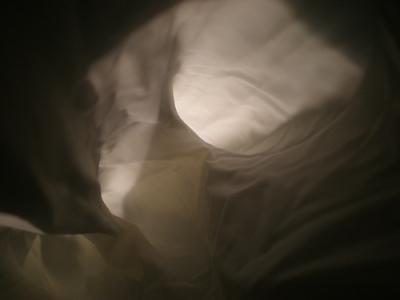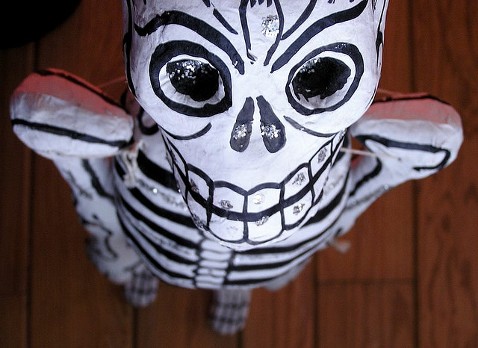The midwife wonder'd and the women cried...
/Good Afternoon.
My name is Jess and I'm here to talk to you today about my experience of Stillbirth.
Before I begin, can I ask you all to stand up. Please stay standing if you have given birth, or witnessed the birth of your own child... Thank you... OK, now stay standing if you've given birth more than once? More than twice? May I ask how many children you have? How old are they? Wow! You have three children and you're studying full time to be a midwife! You're incredible!
OK, can you all stand up again. Stay standing if, as a Student Midwife, you've delivered more than 10 babies. More than 20? More than 30? WOW! How many have you delivered? 40-ish?! 44??!! How about you? About 40 too? Amazing! OK, please sit down.
I ask you these questions because I want you to understand where I fit in to all of this. I am not an expert on birth. I have been present at three births, and at all three I was the one doing the pushing. Of those three babies, one of them was stillborn. I am not an expert on stillbirth either. I don't know any statistics. I can't make professional recommendations. I don't have any official resources for you. What I represent is an opportunity... I stand here as a woman who has given birth to a dead baby and I am going to tell you my story, and her story, and then you can ask me questions. You can ask me anything, really and truly you can ask me anything. I promise - hey, listen! I'm brave! I can say vagina and everything!
OK with that let's begin. On 15th May 2008 I gave birth to my second daughter, Iris. She died during early labour the previous day...
The secret places of my heart are often visited by strangers.
I write them out in my best words and awkwardly proffer them to people from Missouri and Norfolk and South Australia.
I say them aloud. I turn my womb inside-out and speak its fleshiness.
Mutter, mutter. I conjure her. I create her. She appears, shimmering, then vanishes again into silence.
She is an agreement between me and you.
She existed, didn't she?
Yes, yes, that's right, she did.
Don't put your daughter on the stage, Mrs Worthington.
I defy Noel Coward.
She shall have a stage. She shall have the biggest platform I can find for her.
All babies are teachers, but the dead ones have the best lessons.
Have you ever shared your story with a group of strangers, like the student midwives I spoke to last Friday? How was the experience for you? What do wish you they knew about delivering a baby that has died, or is likely to die? Do you have an answer to the question I've asked before, and I asked of them again: Is it possible to have a good birth, when the outcome is a dead baby?




